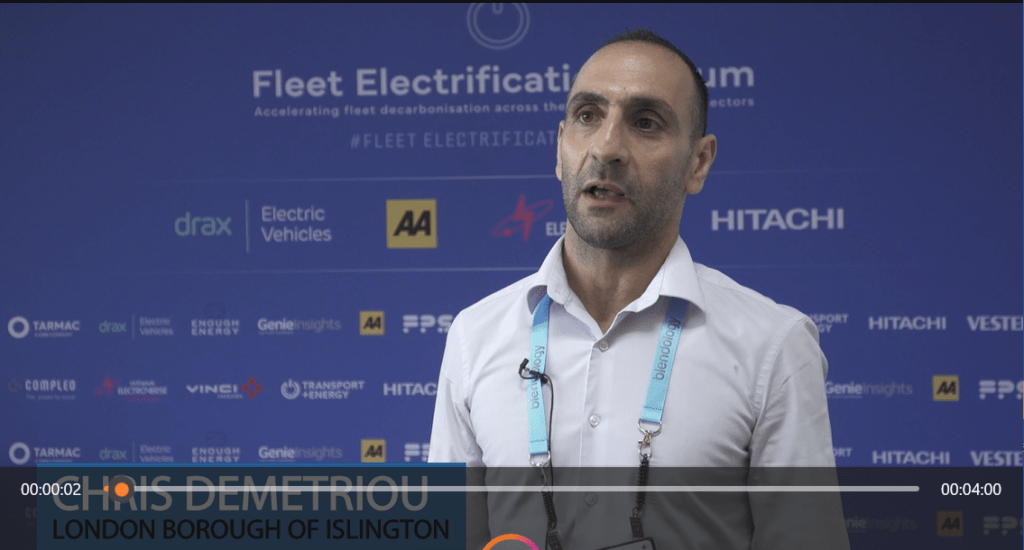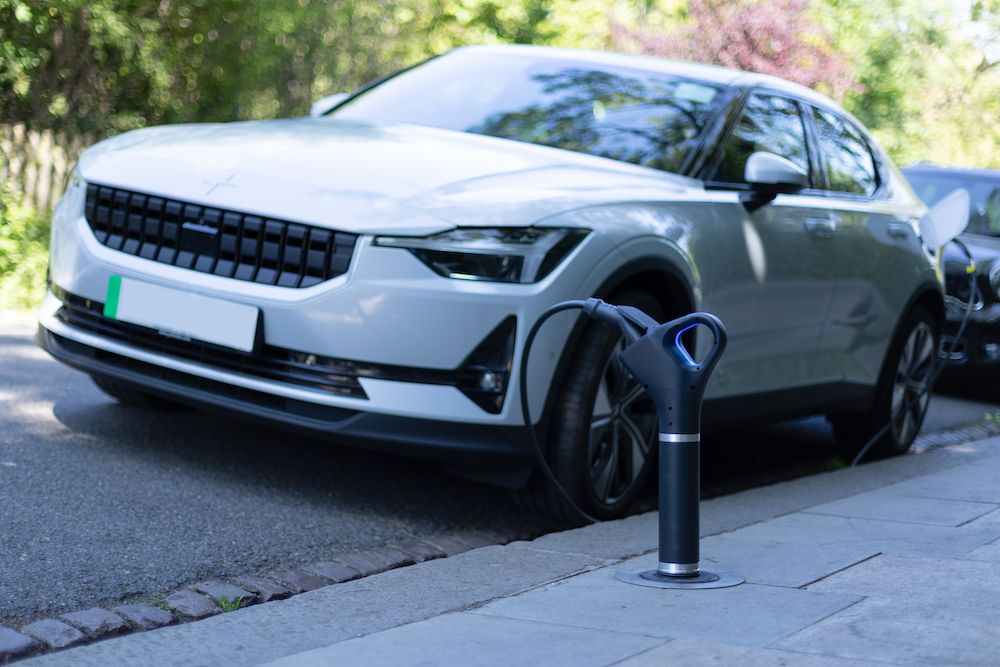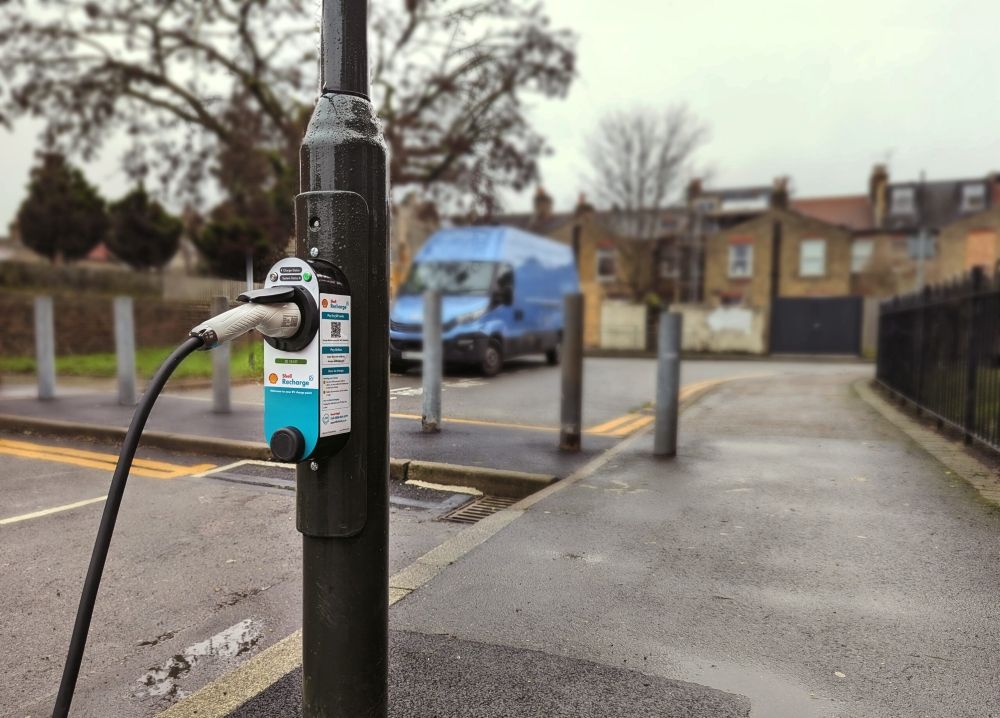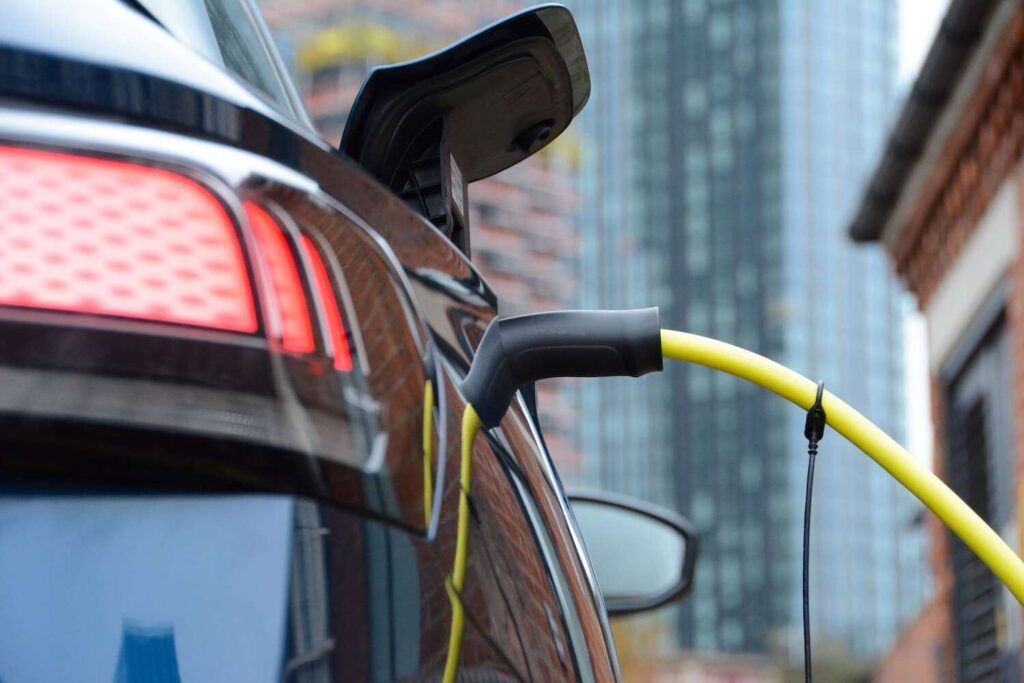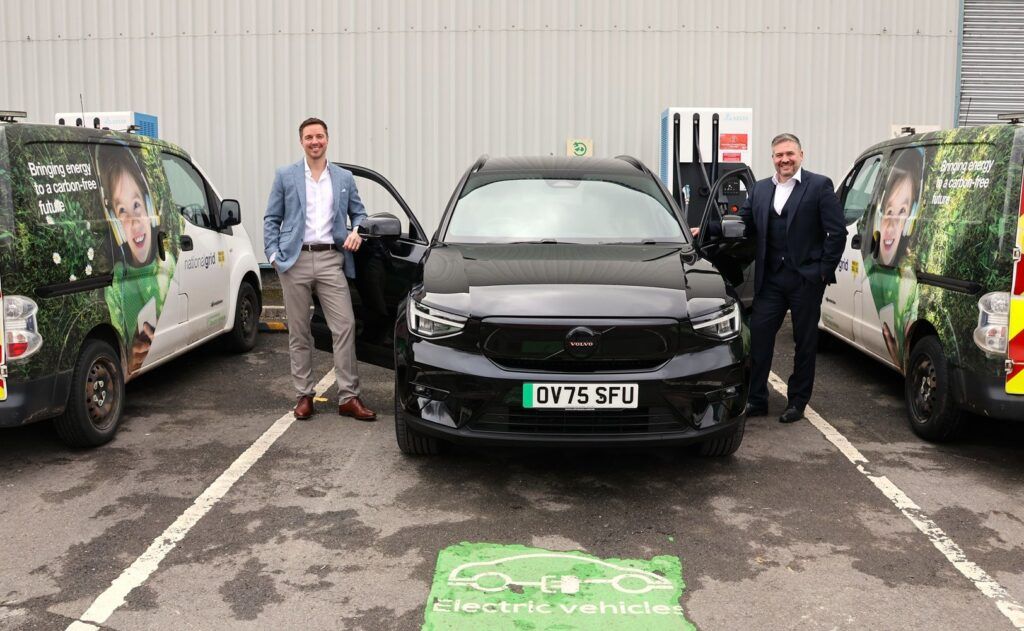A ‘digital twin’ of the UK’s electricity network will be overlaid on Zap-Map’s database of EV chargers to give drivers greater transparency on the carbon intensity of the electricity they use to charge their vehicles.
Zap-Map is partnering with energy and carbon data science company Advanced Infrastructure to create a new low carbon route planner function for electric vehicle (EV) drivers, called Zap-Zero.
The companies’ joint proposal has won £540,000, funded by the Office for Zero Emission Vehicles (OZEV) in partnership with Innovate UK to build the new EV routing product, which will give drivers the ability to choose the lowest possible carbon option, based on Advanced Infrastructure’s in-depth data on local power networks and their carbon intensity.
Zap-Map’s existing route planner gives EV drivers the ability to map journeys with charging stops based on their vehicle’s range and charging capability and is used by many thousands of EV drivers each month. The partnership will see Advanced Infrastructure’s ‘digital twin’ of the UK’s electricity network overlaid on Zap-Map’s comprehensive database of EV chargers.
The integration will provide carbon intensity data for individual charge points based on real-time grid data – a radical step change in transparency and accuracy, allowing EV drivers to monitor the actual emissions associated with every kWh of power their vehicle consumes. This will provide Zap-Map users the option to select the lowest carbon charge points for their journey.
Zap-Zero will be developed as part of Zap-Map’s route planner 2.0, expected to launch in early 2022.
Ben Lane, Zap-Map Co-Founder and CTO said: “Drivers and fleet managers choose electric because they want to lower their carbon footprint, so how the electricity powering their vehicles is sourced is paramount. The integration of Advanced Infrastructure’s data provides that in-depth traceability, driving the footprint of already low-carbon journeys down further still and helping businesses go the extra mile in the detail and transparency of their carbon reporting.”
Under the UK’s Streamlined Energy and Carbon Reporting Act 2018 (SECR), all large companies must report the emissions associated with their activities — both direct emissions and indirect emissions associated with their electricity consumption. The SECR asks companies to use location and time specific data to report on their emissions from electricity consumption, but to date there has been a lack of data and tools available to achieve this.
The Zap-Zero route planner will provide dynamic carbon intensity data, enabling businesses with fleets of EV drivers to optimise their route selection based on emissions and report their footprint as accurately as possible.
The aim is to make it possible for an electric vehicle to be powered by truly carbon free electricity, with no offsets and no energy certificates, just renewable power.
Lily Cairns Haylor, Advanced Infrastructure co-founder and COO, said: “We are delighted to be working with Zap-Map and Good Energy to give EV drivers greater transparency on the carbon intensity of the electricity they use to charge their vehicles. The emissions associated with every EV charge point is specific to its location in the grid and the time of energy consumption. Zap-Zero gives that data to consumers, allowing EV drivers to measure their carbon emissions accurately and make small routing adjustments that collectively add up to a significant reduction in national carbon emissions.”
Nigel Pocklington, CEO at Good Energy, added: “The continued roll out of new products and services for EV drivers will be a key focus for our business. Zap-Zero is an important project and we are supporting the research with access to 100% renewable time of use tariffs. As this market continues to grow, we look forward to building further EV and digital products, services and partnerships for people to benefit from.”
Image courtesy of Zap-Map.




